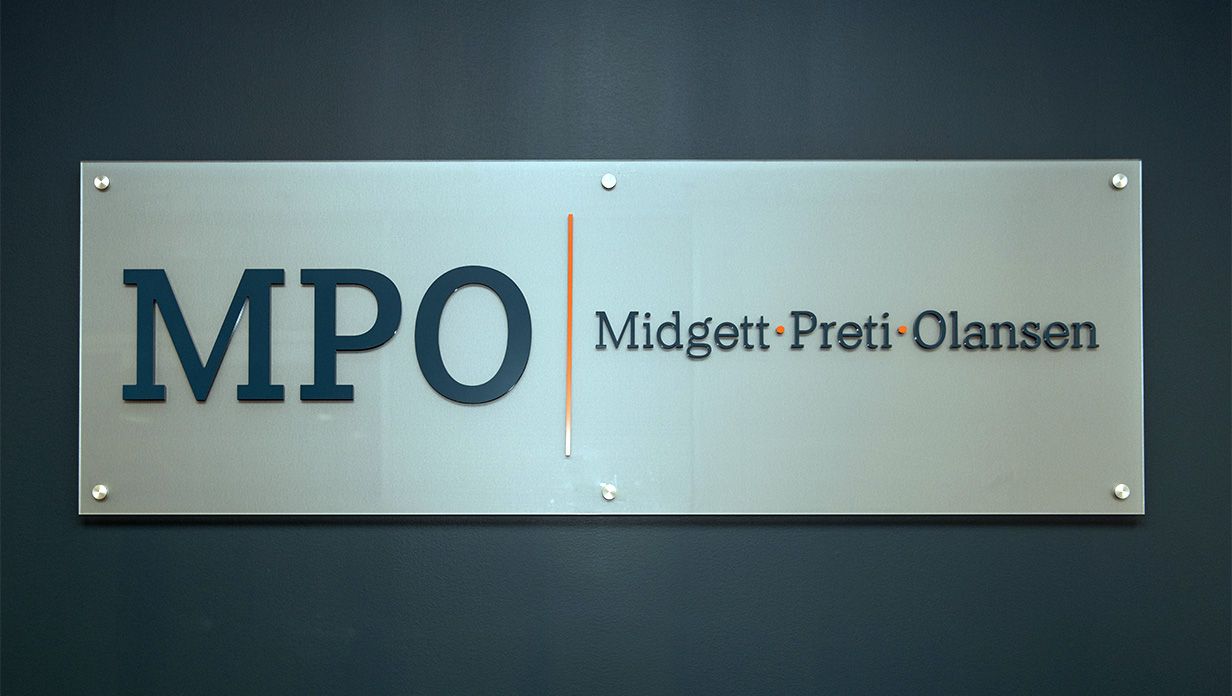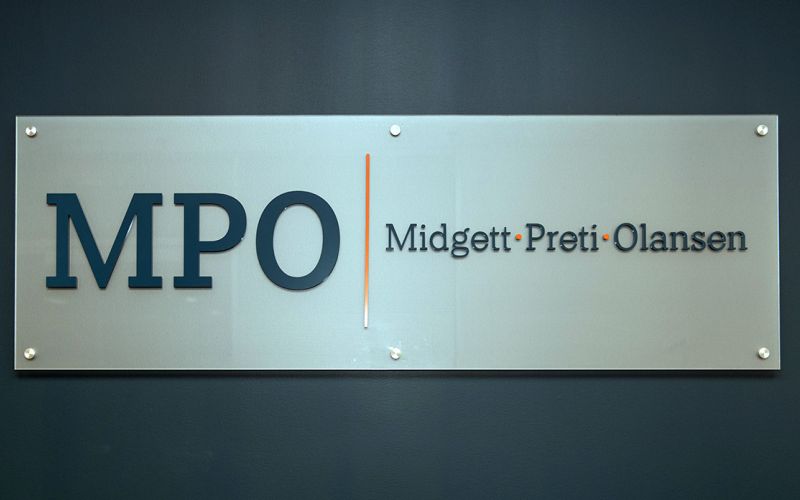Must Retirement Accounts Be Used to Pay Debts After Death?


When a person dies owning a 401(k) or an IRA, must these accounts be used to pay the decedent’s debts, or are they exempt from the claims of the decedent’s creditors? The short answer is: it depends.
During an owner’s lifetime, 401(k), 403(b), and Individual Retirement Accounts (IRAs) are exempt from claims made by the owner’s creditors up to the amount of approximately $1.2 million dollars. After an owner’s death, if a retirement account designates a beneficiary who survives the decedent, the account will pass directly to that person outside of probate. Typically, a decedent’s creditors will make claims only against his or her probate estate. Because retirement accounts with named beneficiaries are non-probate assets, such accounts avoid the reach of the decedent’s creditors. If a retirement account never becomes part of the probate estate, it cannot be used to pay the decedent’s final bills.
If a named beneficiary does not survive the decedent, the account will likely become part of the decedent’s probate estate, unless the terms of the IRA or 401(k) plan policies provide otherwise. Some retirement plans specifically state that, if a named beneficiary does not survive the decedent, the account will pass to the decedent’s heirs at law, outside of probate. If the policy includes no such provision, or if the decedent names his or her Estate as the beneficiary, the account will become part of the decedent’s probate estate and will be subject to claims of the decedent’s creditors.
If an account owner engaged in misconduct or fraud resulting in improper or illegitimate payments to the account during the owner’s life, a creditor can make a claim against a retirement account, even if a beneficiary has been designated. Pursuant to Federal law, the plan administrator for the account must distribute the funds in the account to the named beneficiary. Once the funds are distributed, the creditor can make a claim against the beneficiary for amounts owed by the account owner stemming from his or her misconduct.

Written By Ann H. Larkin
Ann H. Larkin is a Shareholder at Midgett Preti Olansen. She focuses her practice on estate planning, estate and trust administration, special needs planning and guardianship and conservatorship matters. Ms. Larkin is certified by the Virginia Supreme Court as a guardian ad litem for incapacitated adults.
Latest Resource Articles
-

What is the Difference Between Trustee, Executor, and Pow…
Written by Nathan R. Olansen on January 10, 2024.Key Takeaways: The overarching goal of any trustee, executor, or power of attorney is to wo…Read more -

Reasons Why You Should Hire a Professional Executor
Written by Nathan R. Olansen on December 21, 2023.Key takeaways: A fiduciary is a person or entity appointed to handle financial and legal ma…Read more -

Why Set Up a Trust for Your Grandchildren?
Written by Alison R. Zizzo on December 11, 2023.Creating a trust for a grandchild requires not only an understanding of one’s financial goal…Read more -

Understanding The Benefits of a Bloodline Trust
Written by Alison R. Zizzo on November 10, 2023.Key Takeaways A bloodline trust is an estate planning tool designed to protect assets for d…Read more -

Are Powers of Attorney Responsible for Medical Bills?
Written by Nathan R. Olansen on September 22, 2023.According to a Genworth’s 2021 Cost of Care Survey, the reported average cost of assisted li…Read more -

Top Reasons for Disputing a Trust in Virginia
Written by Nathan R. Olansen on September 1, 2023.A trust is a valuable tool for saving your loved ones from the probate process and reducing …Read more -

Are You Responsible for Your Deceased Spouse’s Medical Bi…
Written by Ann H. Larkin on August 29, 2023.After the death of a spouse, the surviving spouse will inevitably receive bills from hospita…Read more -

Know the Signs of an Employee Retention Credit Scam
Written by Nathan R. Olansen on August 2, 2023.If it sounds too good to be true, it probably is. The IRS has sounded the alarm repeatedly r…Read more -

Can a Trustee Sue a Beneficiary?
Written by Nathan R. Olansen on August 1, 2023.When you are named the trustee of a trust, it comes with responsibilities you need to be pre…Read more
"*" indicates required fields

© 2024 Midgett Preti Olansen





